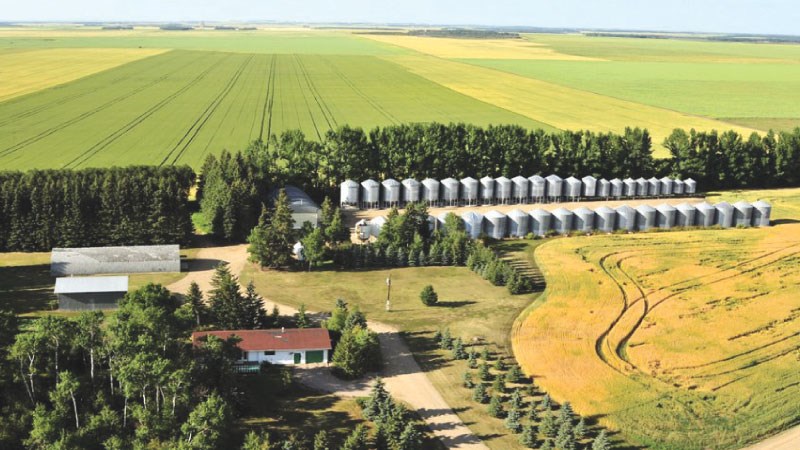The ability of farmers to act as fronts for foreign investors is coming to an end, and farmland prices now better reflect agricultural economics, says Saskatchewan’s agriculture minister.
Lyle Stewart said the practice of foreign investor financing being funneled through such “underground” farmland transactions is being stemmed by his province’s new land ownership rules, which reflect the values of its farming community.
The Canadian Senate is looking at farmland ownership and has challenged Saskatchewan’s new, more restrictive rules.
Stewart told the Senate’s standing committee on agriculture and forestry that the province believes the new regulations have worked as intended.
“Canada Pension Plan has ceased purchasing of farmland in Saskatchewan at the time the act was passed and we believe that we have stopped foreign investment, even [though] previously it was more or less underground,” he said.
He said amendments to Saskatchewan’s Farmland Security Act that came into force in 2016 have given its Farmland Security Board greater powers of investigation.
“We think we have pretty well stopped any underground, foreign transactions,” said Stewart.
“Generally speaking, foreign investors were using Saskatchewan farmers as fronts to purchase farmland,” he told the senators.
Senator Dan Plett from Landmark, Manitoba pressed the minister about the process that allowed foreign ownership of farms.
Stewart explained that the legislation requires all land to be financed through registered Canadian corporations and land transfers to be on file with the province.
Out-of-Canada shareholders in those companies must be registered and declare their interests and the companies must explain how the land was obtained.
Stewart said before the new rules, Saskatchewan’s investigators had to “chase these investors back, often to their homeland, to try to determine where the money actually [had] come from.
“In many countries there, China being the principal one, there was no co-operation with the Canadian investigation in China or of Chinese citizens,” he said.
Stewart said the only pushback came from farmers nearing retirement, who thought the new regulations would affect their land sale price.
He said farmland price increases fuelled by offshore, non-farming interests creates an issue for family farms.
“It raises the questions of how they can expand [those farms]?” said Stewart.
He said that farmers and ranchers felt this ability was being taken away from them by rapidly escalating prices.
“Rightly or wrongly, they attributed a large portion of that appreciation to foreign and institutional investments.”



